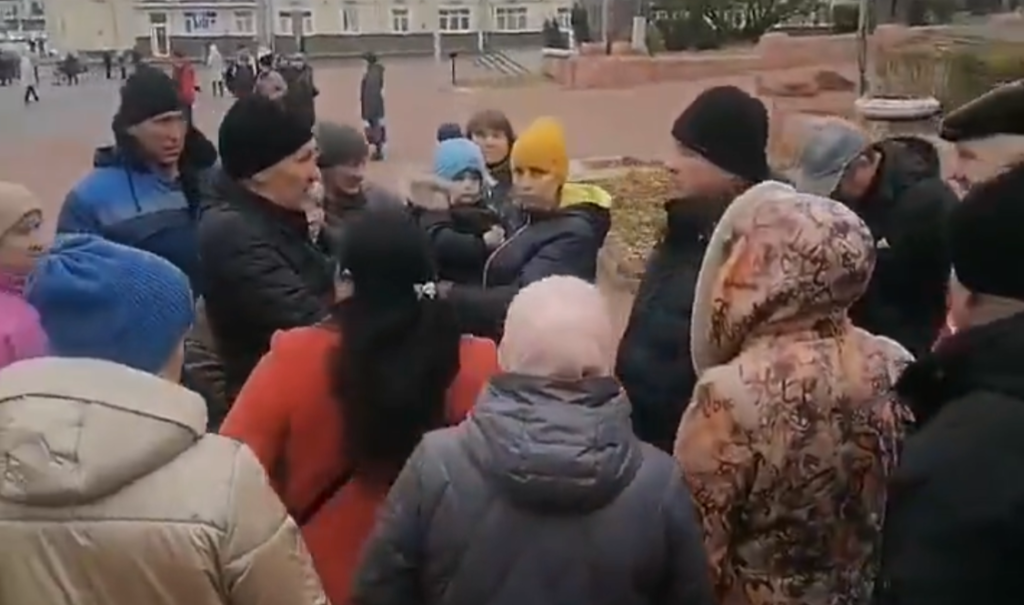They called for Russian officials to formally recognize that “a war is happening” on their territory.
Others are reading now
Residents from the town of Sudzha organized a protest in Russia’s Kursk region, demanding an official evacuation for civilians remaining in areas occupied by Ukrainian forces.
A War is Happening
The protest took place in the main square in Kursk city, gathering around 120 people, according to local authorities.
Protesters included families with children, some of whom called for Russian officials to formally recognize that “a war is happening” on their territory.
They voiced frustration with local leadership, calling for accountability among military generals responsible for securing the border.
Also read
Anatoliy Drogan, head of the department for local government cooperation, addressed the crowd, but his statements only added to their frustration, according to WP.
Drogan noted that the gathering was unauthorized, which sparked further outrage:
“We live under an anti-terrorist operation (KTO) mode,” he explained, claiming that officials were not controlling the situation.
Slow Evacuation Process
He further stated that a “breakthrough” in the border led to the deaths of stationed soldiers, and those responsible for this security lapse had been detained. Drogan added that any soldiers who survived would face punishment.
Residents demanded to know why Sudzha’s local leader, Aleksandr Bogachev, had not addressed them directly or organized the evacuation.
They also criticized the authorities for the slow evacuation process, arguing that young conscripts with minimal training were left to guard the border and that officials had poorly managed the situation.
Despite previous assurances from President Putin that conscripts would not be stationed near active conflict zones.
This protest in Kursk follows another recent demonstration by residents from other nearby border towns who reported property damage from shelling.
Despite these claims, officials maintain that the Kursk region is not experiencing direct attacks.
The gathering concluded with officials promising a follow-up meeting with the Kursk governor on November 12 to address residents’ concerns.


